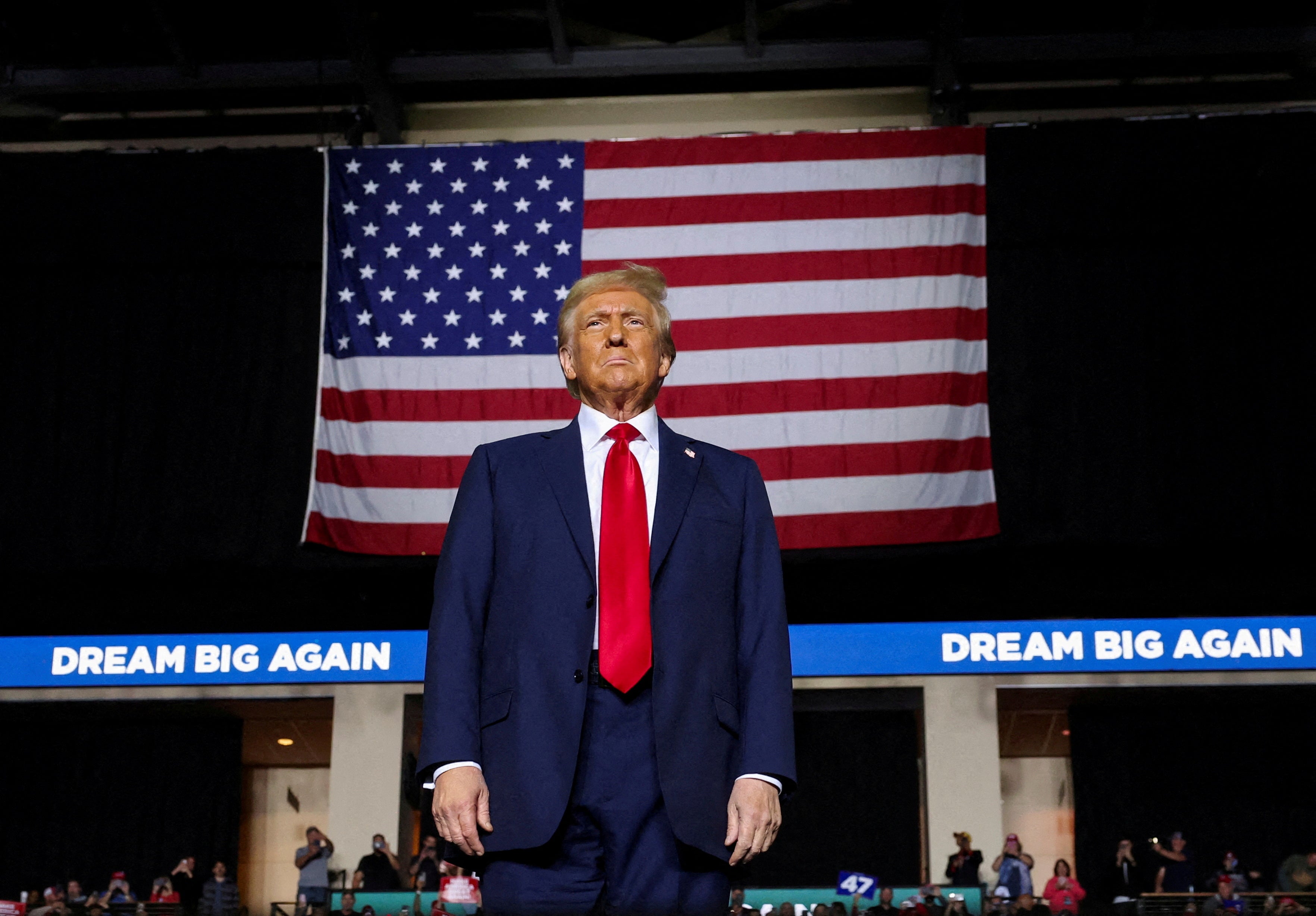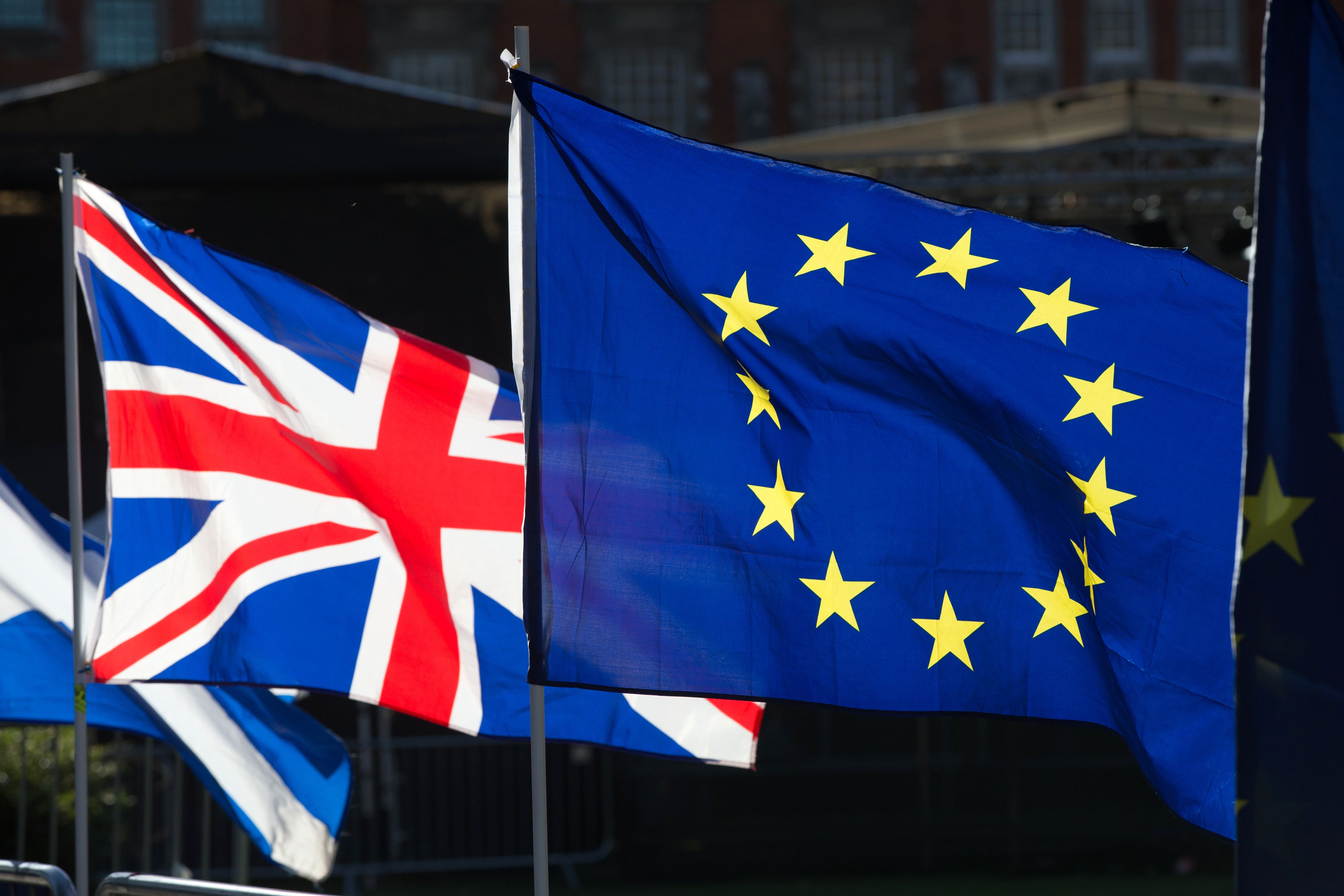Jobs
UK hints trade war risks one million American jobs in veiled warning to Trump

Sir Keir Starmer has hit back at Donald Trump’s tariff threats with an apparent warning that 1 million Americans working for British companies stand to be affected.
It comes as the president-elect indicated that he will slap tariffs on Canada, Mexico and China as soon as he re-enters the White House in January, raising fears that the UK is next.
The prime minister is facing continued warnings that the UK will be economically isolated unless it chooses between a trade deal with Trump’s US and closer ties with the EU.
But Labour ministers have so far refused to be cowed by the threat from the US, or commit to making further concessions on the Brexit reset, when pressed in the Commons.
In a briefing to journalists, No 10 highlighted the £304bn that UK-US trade was worth over the last year.

It comes after the president-elect threatened to unilaterally impose massive levies of 25 per cent on imports to the US from Canada and Mexico on his first day in office.
During the election campaign, he announced plans to introduce 20 per cent tariffs on all imports to the US, with the levy rising to 60 per cent for Chinese imports.
Sir Keir’s government is reported to be ready to retaliate if Trump does threaten the UK – with US brands such as Levi’s and Jack Daniel’s “on the tariff hit list”.
But Labour insists it will resist making concessions on the Brexit deal with the EU, despite calls for Sir Keir to refuse to take Trump’s threats “on the chin” and to continue to pursue closer ties with the European Union, Britain’s largest export market.
In what will be widely seen as a warning to Trump of the implications of any tariffs imposed on the UK, Downing Street said: “A million Americans work for UK-owned businesses and vice versa, and the fact that UK-US trade was worth £304bn in the last year, clearly that is something that we want to build on.”
Asked in the Commons by Liberal Democrat MP James MacCleary about the president-elect’s confirmation of tariffs to be imposed on Canada – one of America’s closest allies – a Foreign Office minister, Stephen Doughty, also pointed to the number of jobs that would be affected.

Mr Doughty told MPs: “We have a thriving trading and investment relationship with the United States, with more than 1 million British citizens working for US firms and vice versa.”
He added: “We look forward to working with President-elect Trump in office, including on his policy priorities and to improve our trading relations.”
But he rejected Mr MacCleary’s calls to sit down with European allies to agree a new youth mobility scheme.
Mr Doughty told him: “We are engaged in a number of conversations with the EU … We will look at EU proposals on a range of issues, but there are no plans for a youth mobility scheme, nor will we return to freedom of movement.”
When it comes to reprisals against US-imposed tariffs, officials have told ministers that they would be able to revive a package of EU measures that were used against the US during Trump’s first term in the White House, without their having to be subject to an investigation by Britain’s trade watchdog, Politico has reported.
The measures were implemented following Trump’s imposition of levies on European steel, and they were carried over after Britain left the EU. They targeted a number of US products, including goods made by Calvin Klein and American staples such as peanut butter.
The Liberal Democrats have called on the prime minister to “Trump-proof” the economy ahead of the new president’s inauguration.



![No Verification Casino UK: Best No KYC Casinos [year] No Verification Casino UK: Best No KYC Casinos [year]](https://www.spieltimes.io/wp-content/uploads/2024/09/casino.webp)






